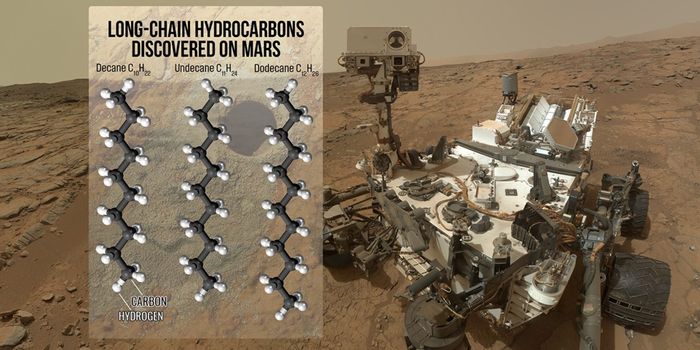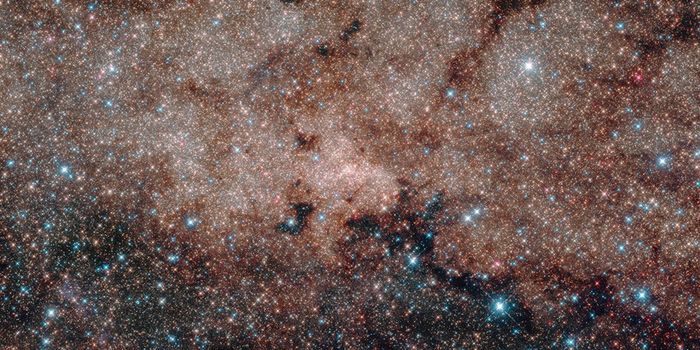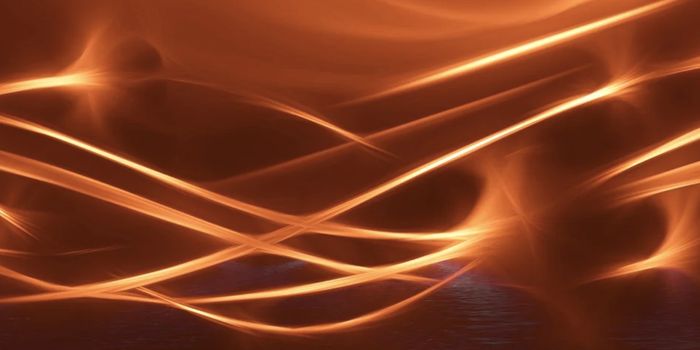Future Circular Collider and the Future of Physics
Is bigger always better? Well, that depends.
This January, a consortium of research institutes revealed to the public for the first time the design of a bigger version of the Large Hadron Collider (LHC), called the Future Circular Collider or FCC. In their plan, this gigantic machine will be built inside a circular tunnel measuring 100 kilometers (62 miles) in circumference and intercepting the LHC.
There's little double that the LHC has helped to usher in a new era of particle physics. The Higgs boson, an elementary particle in the Standard Model, was first theorized in the 1960s. Its existence was only confirmed in 2012, thanks to the collisions experiments conducted in the LHC.
However, there remain a huge number of unsolved mysteries in physics. Proposers of competing hypotheses rely on ground-breaking experimental instruments such as the LHC to validate their theory. Over six years after the discovery of the Higgs and two years after a major upgrade, the LHC has failed to reveal any major new insights into the particle world.
Although many are deeply disappointed and hold doubts about any future particle collider projects, others are still hopeful that a machine like FCC can deliver the promising result in the search for new physics. For them, the FCC represents a vast discovery potential and is therefore instrumental to advancing our understanding of the universe.
Source: CERN via Youtube








